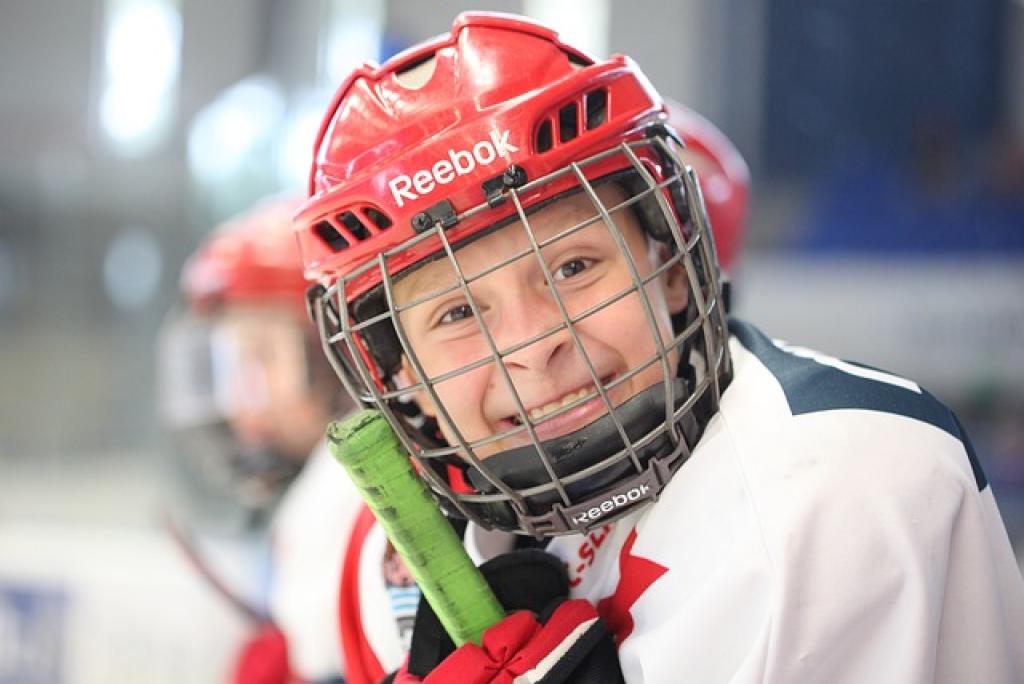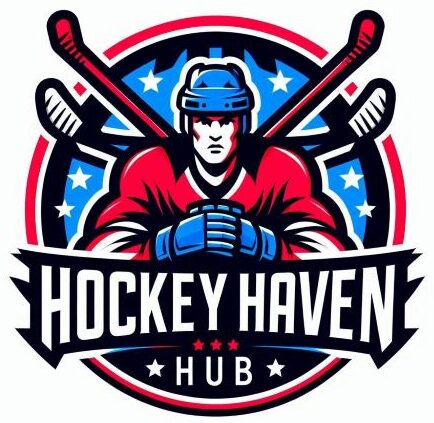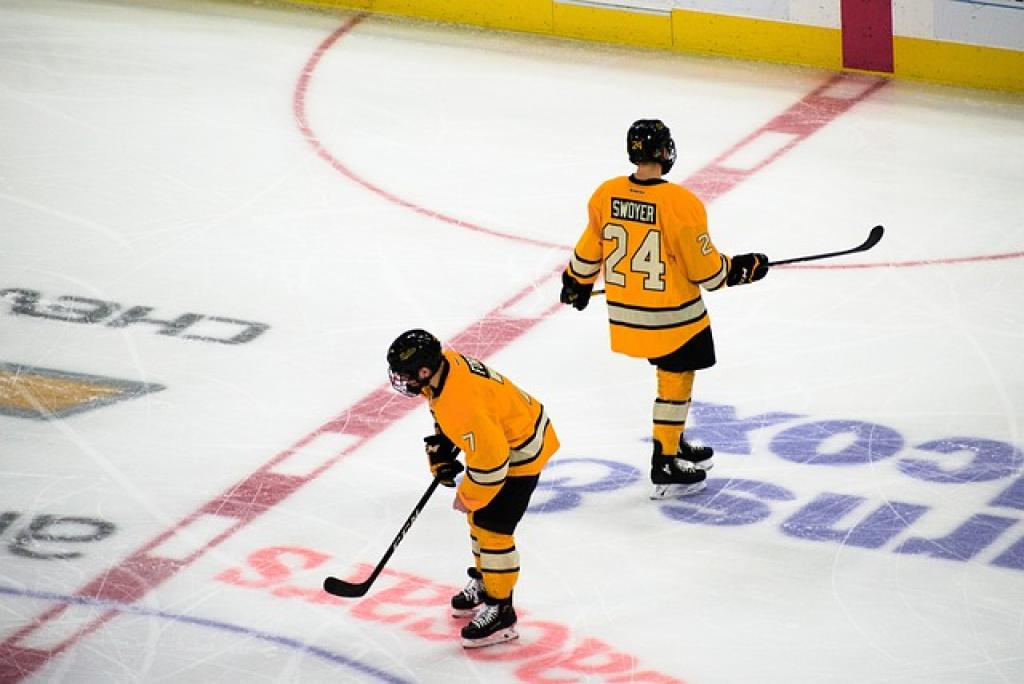Ever dreamt of gliding across the ice with the flair of a pro, your every move seamless and commanding? If so, you’re not alone. Hockey is more than just a game; it’s a passion, a lifestyle, and for some, an addiction.
Whether you’re aiming to score the winning goal in your weekend league or dreaming of going pro, there’s always room to up your game. But where do you start? Is it all about brute strength and speed, or is there more finesse involved?
In this post, we’re diving into the essentials that can make a real difference on the ice. We’ll look at key skills, training tips, and mindset shifts. So, lace up those skates, grab your stick, and let’s explore the path to becoming a better hockey player together!
Setting Clear Goals for Improvement
Think about where you want to be in your hockey journey. Maybe you want to become a more accurate shooter, a faster skater, or a better team player. Whatever it is, setting clear goals is essential to reaching new heights.
Visualize Your Success
Start by envisioning your ideal version as a hockey player. What skills set you apart? What impacts do you have on the game? Use this vision as your north star and break it down into achievable steps.
When goals are specific, they’re easier to target and track. Instead of saying, “I want to score more goals,” aim for “I will practice shooting every day for 20 minutes.” This makes it concrete and actionable.
Don’t forget to celebrate small victories along the way. Each step forward, no matter how small, gets you closer to mastering the game. Keep a journal to reflect on your progress and adjust your plans as needed.
Remember, improvement takes time. Consistent effort and patience are your best allies. Stay focused on your goals, keep pushing your limits, and you’ll find yourself becoming a better hockey player, one practice at a time.

Developing Essential Skills & Techniques
Alright, let’s dive into the bread and butter of hockey: skills and techniques. Mastering the basics is paramount, and it’s here that all your fancy moves find their foundation.
Start with skating—the core of everything hockey. Focus on your speed and agility. Work on perfecting your stride and balance by practicing short bursts of speed and direction changes. This will not only boost your performance but also build confidence.
Stickhandling is the next biggie. Practice keeping your head up while maneuvering the puck. Try weaving through cones or objects to simulate game scenarios. The ability to control the puck with finesse can be a game-changer.
And then there’s passing. Crisp, accurate passes can open up the ice for your team. Practice passing against a wall or with a partner. Concentrate on both forehand and backhand passes to enhance your versatility.
Don’t forget about shooting. Focus on accuracy before power. Work on your wrist shot, slap shot, and snapshot, and remember, follow through to guide the puck right where you want it.
Dedicate time to each skill and remember, practice doesn’t make perfect; it makes progress. Keep challenging yourself to develop these essential skills, and watch how your game transforms!
Understanding Game Strategies & Tactics
Now, let’s talk strategy! This is where the magic of teamwork and clever play unfolds. Understanding game strategies can seriously up your hockey game.
First up is the forecheck. This is about putting pressure on opponents in their defensive zone, often forcing them into mistakes. Whether it’s a 1-2-2 or a 2-1-2 formation, knowing when and how to forecheck can make a big impact.
Transitioning smoothly from defense to offense is also key. This involves quick passes and clear communication to exploit any gaps in your opponent’s formation. Always be ready to pivot and seize the opportunity.
Defensive Tactics
Don’t forget about solid defensive play. A strong defense is a great offense, right? Focus on positioning and maintaining a good gap control. This can stop attackers in their tracks and keep them away from your goalie.
Lastly, special teams play like power plays and penalty kills are crucial. Plan your plays in advance, so everyone knows their role. Utilize the extra man effectively during a power play and tighten up your formation on a penalty kill.
Mastering these strategies and tactics will give your team the upper hand in tight games. Be smart, be strategic, and most importantly, play as one united team!
Enhancing Physical Conditioning & Endurance
Staying in top shape is essential for any hockey player. Physical conditioning and endurance can make the difference between performing at your peak or fizzling out by the third period.
Cardiovascular training is a great place to start. Incorporating activities like running, cycling, or swimming helps build stamina, so you can keep up with the fast pace of the game without running out of steam.
Strength training is equally important. Focus on compound exercises like squats, deadlifts, and bench presses to build overall muscle strength. Stronger muscles not only improve your performance but can also reduce your risk of injuries on the ice.
Building Core Stability
Don’t overlook your core. A solid core helps with balance, stability, and agility. Core exercises like planks, Russian twists, and medicine ball slams can be a game-changer, helping you maintain control in heated moments.
Lastly, flexibility and recovery should be part of your routine. Stretching and yoga can enhance your range of motion and prevent injuries. And remember, rest days are just as vital for recovery, so your body has time to heal and strengthen.
Prioritizing physical conditioning will ensure you’re always ready to give your best on the ice. Stay fit, stay focused, and get ready to power through each game like a pro!
The Bottom Line: Maintaining Mental Toughness & Resilience
At the heart of any successful athlete isn’t just physical prowess, but a solid mindset. Mental toughness and resilience are your secret weapons. These qualities ensure you can handle pressure, bounce back from setbacks, and keep moving forward.
First of all, staying positive and focused is key. Whether it’s a missed shot or a tough loss, learn from these experiences rather than letting them dampen your spirit. Think of each game as a new opportunity to improve and show what you’re made of.
Additionally, setting realistic goals helps maintain your motivation. Achieve them bit by bit instead of overwhelming yourself with everything at once. Celebrate the small victories, and they’ll lead you to the bigger ones before you know it.
Building a support system is another important factor. Surround yourself with coaches, teammates, and family who uplift and encourage you. Remember, reaching out for support when you’re feeling down shows strength, not weakness.
Lastly, don’t underestimate the power of relaxation and self-care. Taking time to recharge your mental batteries is essential. Whether it’s meditation, listening to music, or simply taking a walk, find what works for you to refresh your mind.
In conclusion, mastering the mental game is just as crucial as physical training. Embrace challenges with a determined spirit and keep your resilience in check. With a balanced approach, you’ll find yourself thriving on and off the ice. Keep pushing forward and stay mentally strong—you’ve got this!

